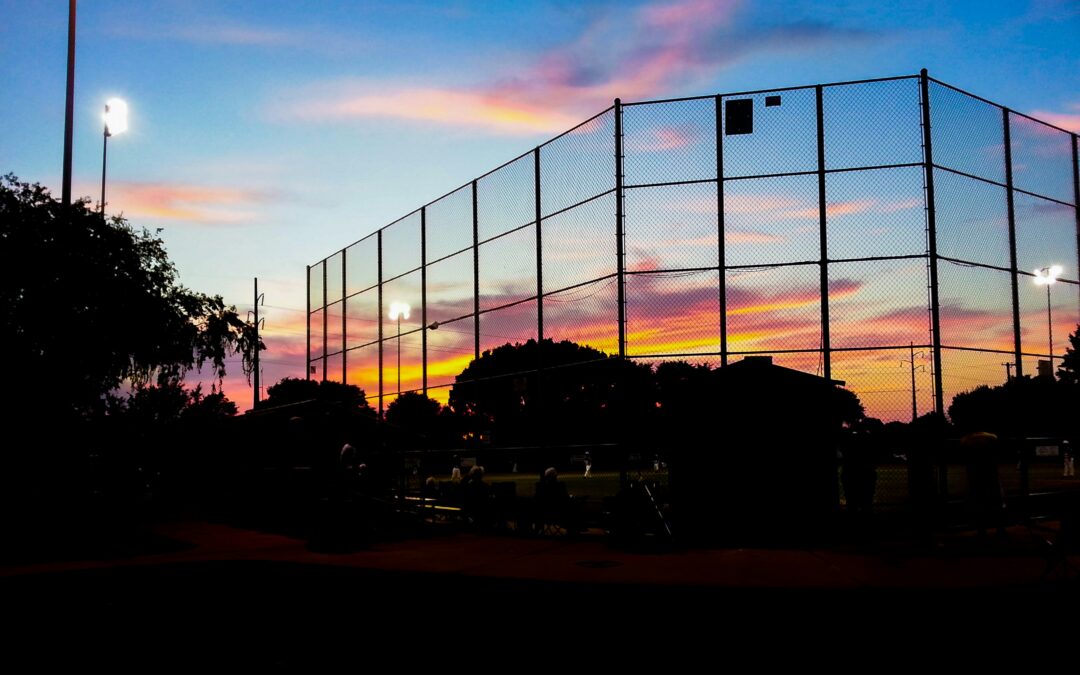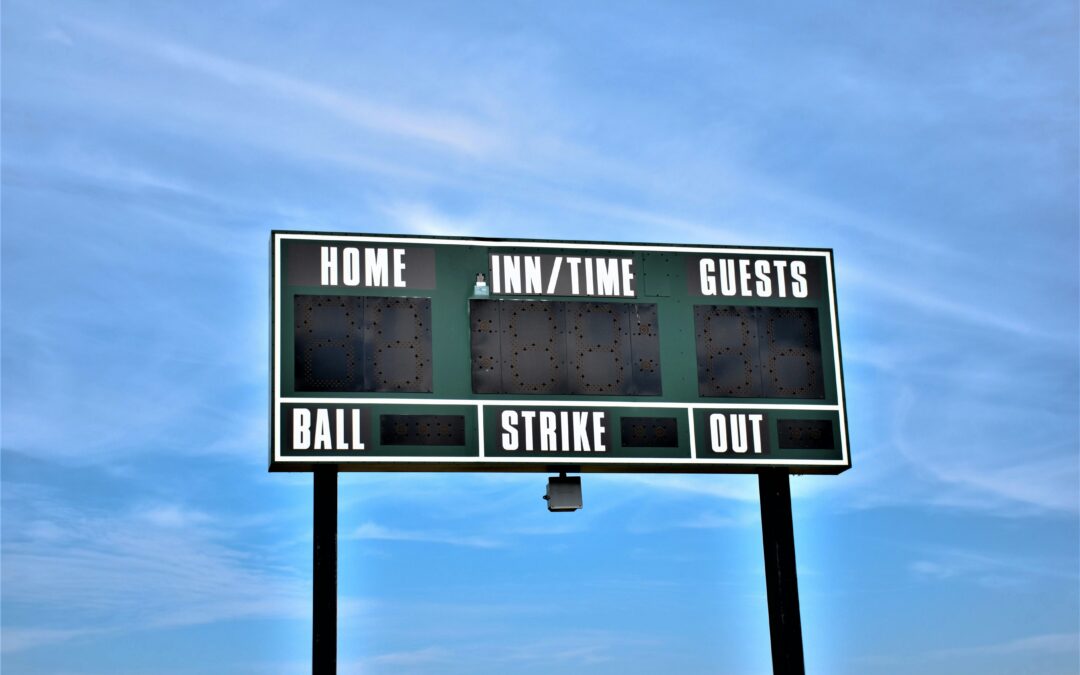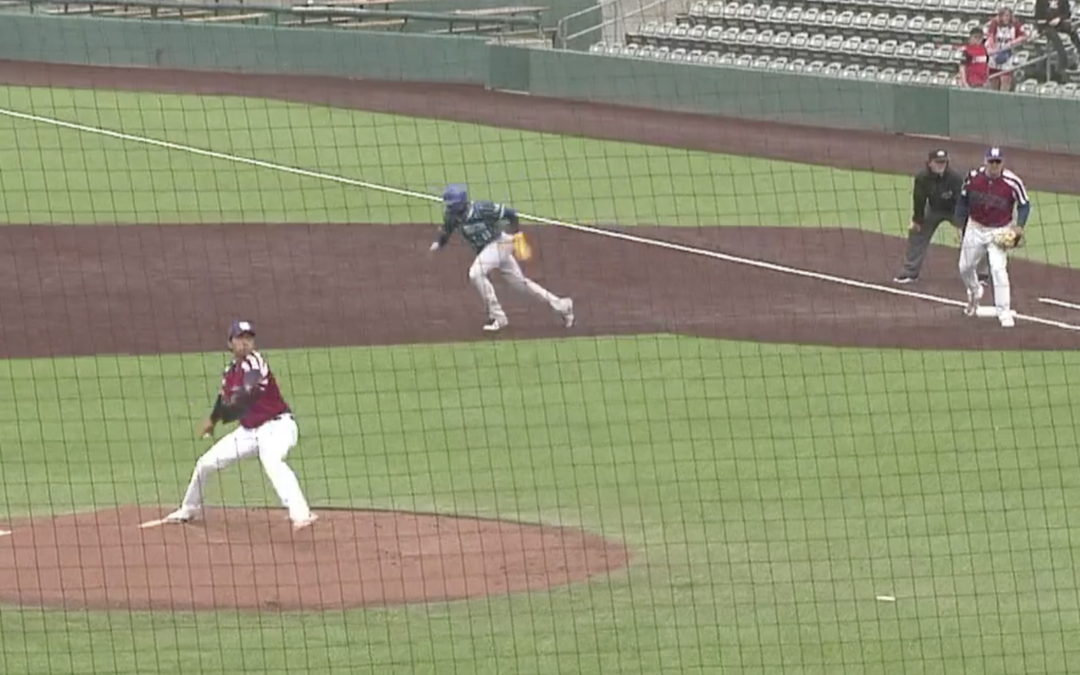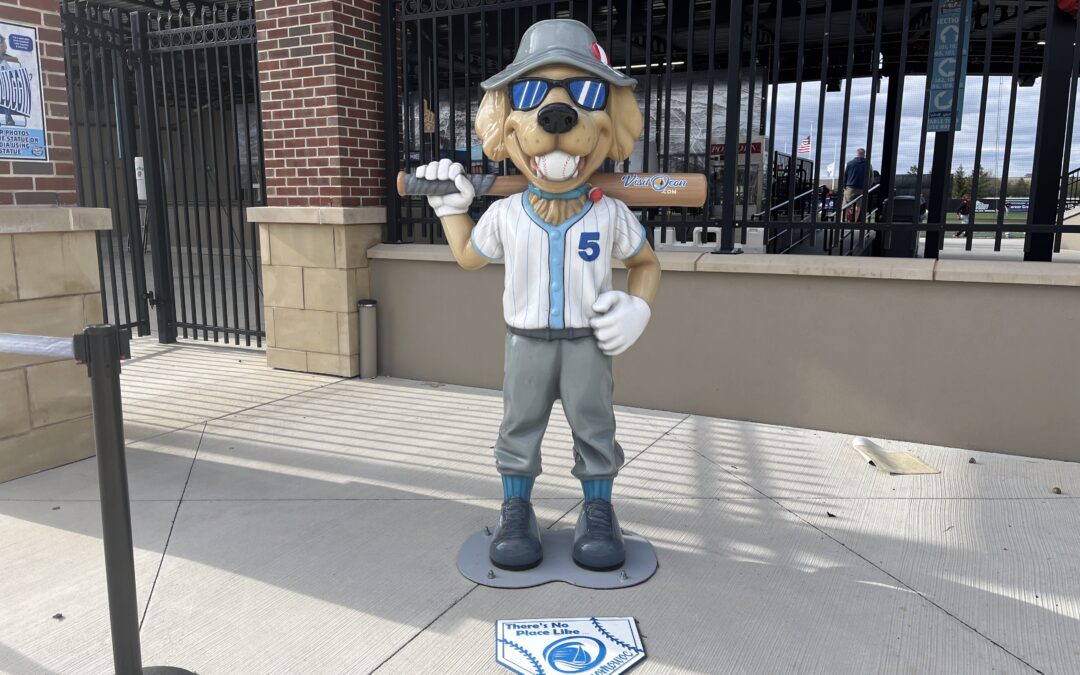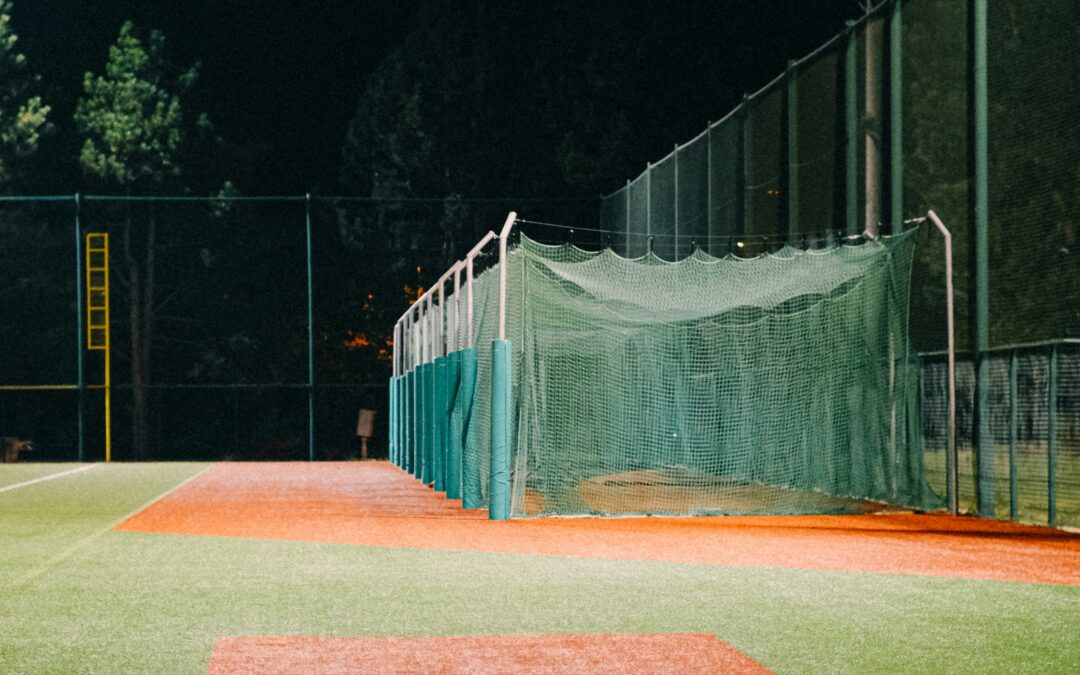How did we jump from $84 million to $290 million?
An earlier study from 2019 revealed that Brewer’s stadium maintenance needs would require $84 million to cover all costs through 2040. Recently, the Governor dropped a bomb saying he was planning on spending $290 million to pay for the stadium’s maintenance and repairs through 2043. However, majority Leader Devin LeMahieu noted, “The Governor’s Brewer’s proposal… is just an idea.”
The lack of details and the nearly tripled price tag ($206 million increase) have raised questions concerning Evers’ plan. In December of 2018, the Southeast Wisconsin Professional Baseball Park District, which oversees the tax subsidy of the Milwaukee Brewers stadium, hired the M.A. Mortenson company to study all projected needs through the year 2040.
Board members wanted to end the five-county sales tax, which was paying for stadium maintenance, but wished first to accumulate enough funding to pay for 20 more years of operation.
The M.A. Mortenson company’s plan was very detailed, considering an extensive list of stadium features that needed renovating or replacing, including:
- A complete replacement of each stadium seat, a total of 35,244 seats
- Replacement of two 800-ton chillers in 2025 and 2030
- New air-handling equipment in 2028
- Short-term and long-term maintenance and upgrades of 9 elevators and ten escalators
- Replacement of the flat roof portion of the park
- Parking lot and roadway improvements, total replacement of all parking area asphalt and concrete curbs
- Major equipment and control systems work concerning the retractable roof components, i.e., maintenance and replacement of cylindrical bearing assemblies, expansion bearing assemblies, wheel assemblies, rail support systems, buffers, bogie motor drives, and PLC roof control systems.
- Demolition and disposal of all existing sports lighting, install new LED lights and theatrical controls, final aiming and commissioning of the lighting system, and a 10-year parts and labor warranty.
- A “drastically improved” sound system, including “total replacement of the existing seating bowl audio system including multi-zone system with upgraded DSP, amplifiers, and electronic distribution equipment. Also, supply and install additional speakers to fill poorly covered areas and upgrade amplifiers and signal processing equipment.
- A complete replacement of the LED ribbon board and LED out-of-town scoreboards, plus “one more replacement of the two boards 10-15 years after the initial replacement.”
The report was very comprehensive and detailed. Once released in March 2019, the report concluded that $71.7 million would cover the costs. Still, it recommended the district include 15-20% more to allow room for any “unforeseen or unexpected conditions and inflationary impacts.”
Mark Thomsen, a board member/attorney, told Urban Milwaukee in 2022, “I recall several meetings… where we were adamant with the Brewers, asking ‘do you have any problems with the numbers’ in the Mortenson report.” But, he added, “If the Brewers had any concerns, they kept it to themselves.”
President of the Brewers’ business operations, Rick Schlesinger, later stated the report was not a “comprehensive” analysis and that the stadium board declined to have another report done by a company the team preferred.
The Brewers decided to hire Tennessee-based Venue Solutions Group in late 2019 to do the assessment, but it was suspended in 2020 because of the pandemic. It was finally completed last August, and the estimate was more than sufficient compared to the previous report from two years prior. Venue Solutions Group concluded the costs of “major capital repairs and necessary improvements” would be a jaw-dropping $428 million. This number is $344 million more than the study from just two years before.
Schlesinger promised to release the report in the summer of 2022. However, that timing wasn’t ideal because it was in the middle of the race for Governor, with Evers and Michels battling it out. This would present yet another issue for the candidates to take a stance on, so the Brewers delayed releasing the report until the election was over.
By then, the state had growing budget surplus, which eventually climbed to $7.1 billion; this provided the perfect window for the Brewers to request a hefty subsidy.
Legislators from both sides had already stated they were no longer interested in subsidizing the team, passing legislation in 2019 to do away with the sales tax by late August 2020.
The Brewers decided it would be best to go to Governor Evers rather than legislators to craft an effective plan. Assembly Speaker Robin Vos expressed that he was disappointed to be left out of the discussion.
When the Brewers shared their massive $428 million price tag, the state Department of Administration hired a private consultant to analyze the study that VSG put together for the team. The consultant was CAA ICON, whose website states it is “trusted by owners” and is the “industry-leading owner’s representative and strategic management consulting firm for public/private sports and entertainment facility owners and operations, professional franchises, and leagues.”
Budgets passed by the state legislature are typically analyzed by the nonpartisan Legislative Fiscal Bureau, which has established a reputation for scrutinizing budget estimates. The Legislative Audit Bureau is another option, which has done reports in the past on the stadium’s financing. However, the Evers administration chose a company specializing in making pro sports teams satisfied.
A spokesperson for the state DOA said that projects under $300,000 can use a “Qualifications-Based selection process.” CAA ICON, the consultant hired by the Evers administration, was paid $219,000 for its report.
The Mortenson report took four months, and much of it analyzed estimates by other companies. The VSG report took over two years and was interrupted by the pandemic.
The CAA ICON report was performed in less than thirty days and ended with an even more inflated figure. The cost was 26%-41% higher than the VSG estimate, concluding that it could cost “$540 million to $604 million to extend the useful life of the Stadium through 2040.”
That would be a median of $572 million, $488 million more than the Mortenson report estimate. The CAA ICON report made the VSG’s sky-high estimate seem low.
The Brewers are said to have agreed to live with the VSG price of $428 million, with Evers agreeing to sweeten the deal by raising it to $448 million to consider future inflation or unexpected costs. That number was lowered by $70 million, the total reserve funds currently held in the stadium’s board account. Evers’ office stated the $290 million payment would go to the district, which will invest the money and collect interest on it as it disburses funds to cover the improvements and repairs.
The deal assumes the proposed $290 million would be placed aside to earn interest, eventually growing to around $378 million.
The elephant in the room is that if this money were set aside for the taxpayers of Wisconsin, it would have been able to grow just as much. In all fairness, this is a $378 million subsidy from the taxpayers.
Experts say the $290 million price tag is excessive. Neil DeMause from Field of Schemes, who specializes in tracking pro sports subsidies, stated, “$290 million is a high price to pay for locking a team down for just 13 more years: At $22.3 million annually, that would be the biggest per-year MLB lease subsidy in history.”
Evers has also agreed to shred the current lease for the Brewers stadium, under which the team was responsible for paying approximately 36% of the stadium’s maintenance and repair fees. This deal that the Governor is brewing up is leaving the taxpayers taking the brunt of the costs, which may explain why the price tag is what some would call carelessly high. The total cost to taxpayers for the Brewers stadium is $1.56 billion. This deal would increase that price tag to $1.938 billion.
Assembly Speaker Robin Vos said Evers’ proposal is likely dead however he said he supports crafting a new plan.
“I imagine his plan as devised is dead but hopefully a different plan will be able to come forward,” Vos told reporters at the state Capitol. “He is taking one-time money and basically giving it away … I’m not sure the amount of time he’s asking the team to stay here is … correct.”
Vos said he wants to see another proposal and stated that he would support a longer time commitment from the Brewers to remain in Wisconsin more than 13 years. Vos compared Evers’ proposal to the legislative package crafted eight years ago for the Milwaukee Bucks basketball team.

